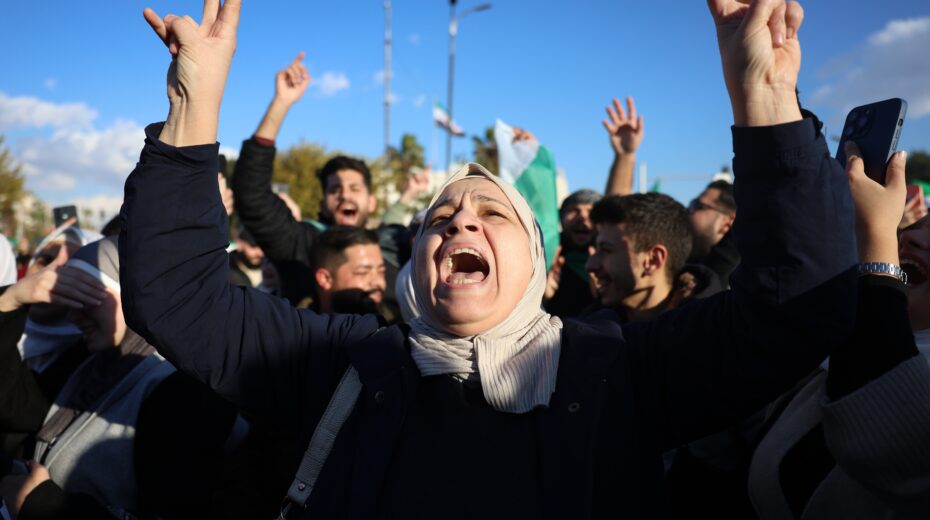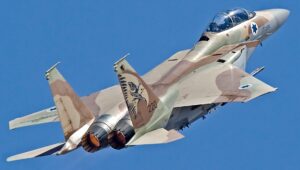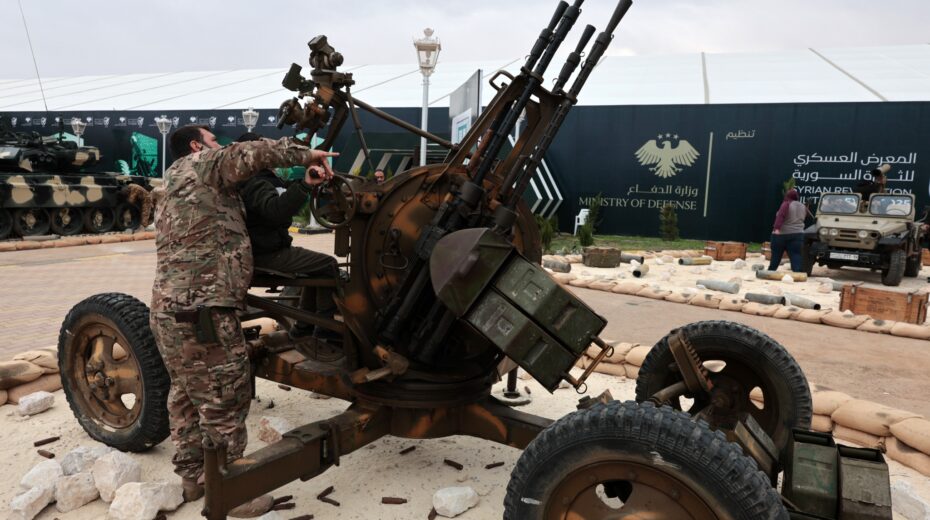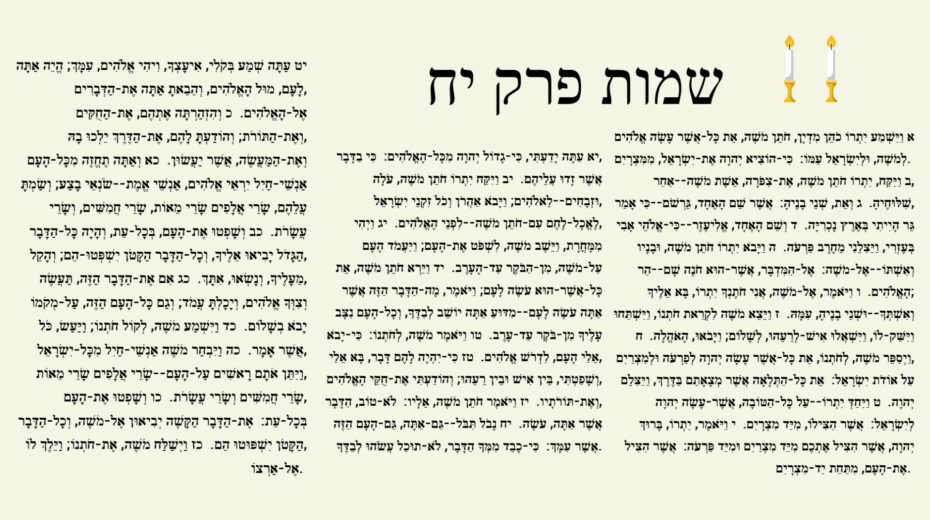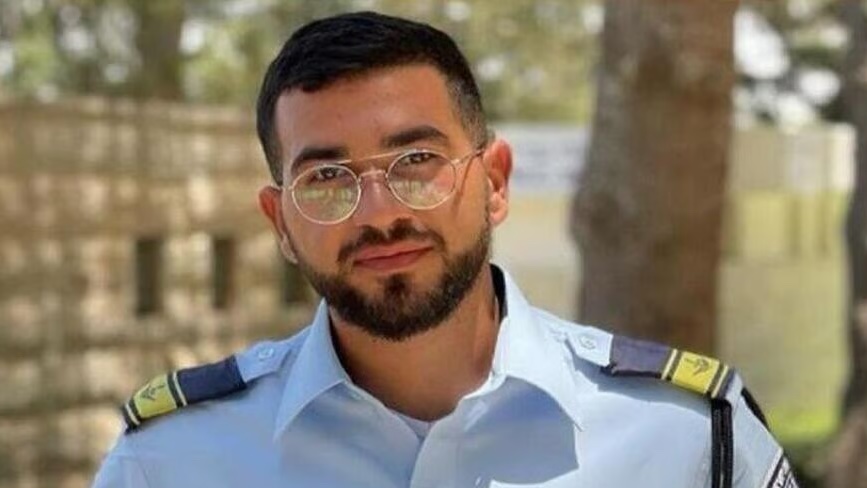Hundreds of thousands of Syrians gathered in Umayyad Square in the capital Damascus last Friday to celebrate the fall of Bashar Assad. They followed the call of Syria’s de facto leader, known as Abu Muhammad al-Jolani, whose real name is Ahmad Shar’a, who called on Syrians to celebrate on Friday, the first Friday after Assad’s fall on Sunday, December 8. The celebrations were held under the motto “Victory Friday.” During the prayers and celebrations, speeches were given, the main theme of which was unity among Syrians. It must be noted that the security situation in Syria is not yet stable. Shots can be heard in the air every day. Atrocities are coming to light and executions are being carried out in public – against officers and people who were close to the deposed regime or who “have blood on their hands.” Some of the punishments are carried out in public in the streets. Dozens of gruesome videos are already circulating on social networks.
The new Syrian leadership is facing numerous challenges. Recently, a government was formed within the Islamic factions. Before we go into depth, it is important to summarize what has happened in Syria since the fall of Assad. The first measure after the collapse of the Assad army was the release of prisoners. Thousands were released, really all of them, including many criminals. Thieves and murderers were released without any control or conditions. One of the most shocking incidents was documented in the Saydnaya military prison in the town of Saydnaya near Damascus. Torture cells and execution rooms were discovered there. Crimes against humanity were committed in this prison. Reports from human rights organizations in recent years document torture and thousands of executions. Some of the freed prisoners had been imprisoned for decades, had lost their minds, and did not know their names or place of birth. It took more than 24 hours to find and open all the cells. Some prisoners were held underground. They were discovered through surveillance cameras that revealed their existence in total darkness. At the same time, extensive searches were taking place in Syria, uncovering dozens of secret detention centers where prisoners were held in inhumane conditions.
In this context, the question arises: Where were Amnesty International, UNICEF, UNRWA, the Red Crescent, the Red Cross, the UN Human Rights Council, The Hague, the Secretary-General of the United Nations, and all these organizations that are exclusively directed against Israel?
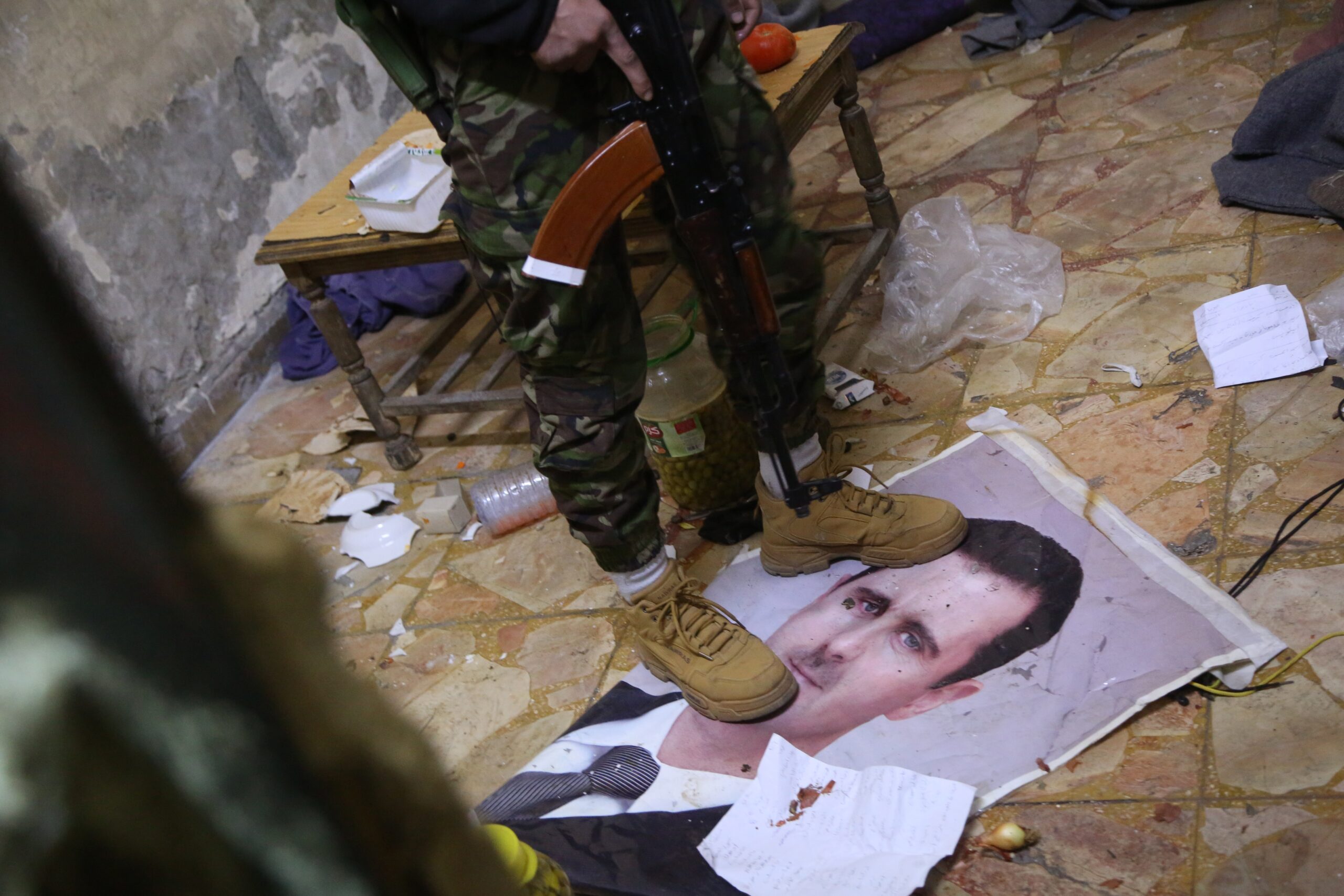
A transitional government
The Hayat Tahrir al-Sham (HTS) organization has appointed Mohammed al-Bashir, a member of the Salafist movement, as interim prime minister. This transitional government is to remain in office until March 1 to bring stability back to Syria and then hold democratic elections, according to sources close to al-Jolani. The new government, which consists of eleven ministers and the prime minister, is described as technocratic. Nevertheless, there is considerable criticism, especially from the Syrians themselves. They complain that the government is homogeneous – all religious men from Salafist groups – with no representation of women, minorities such as Druze, Alawites, Shiites or Kurds, and the millions of Syrian refugees abroad. Intellectuals and politicians in exile were not invited to join the government.
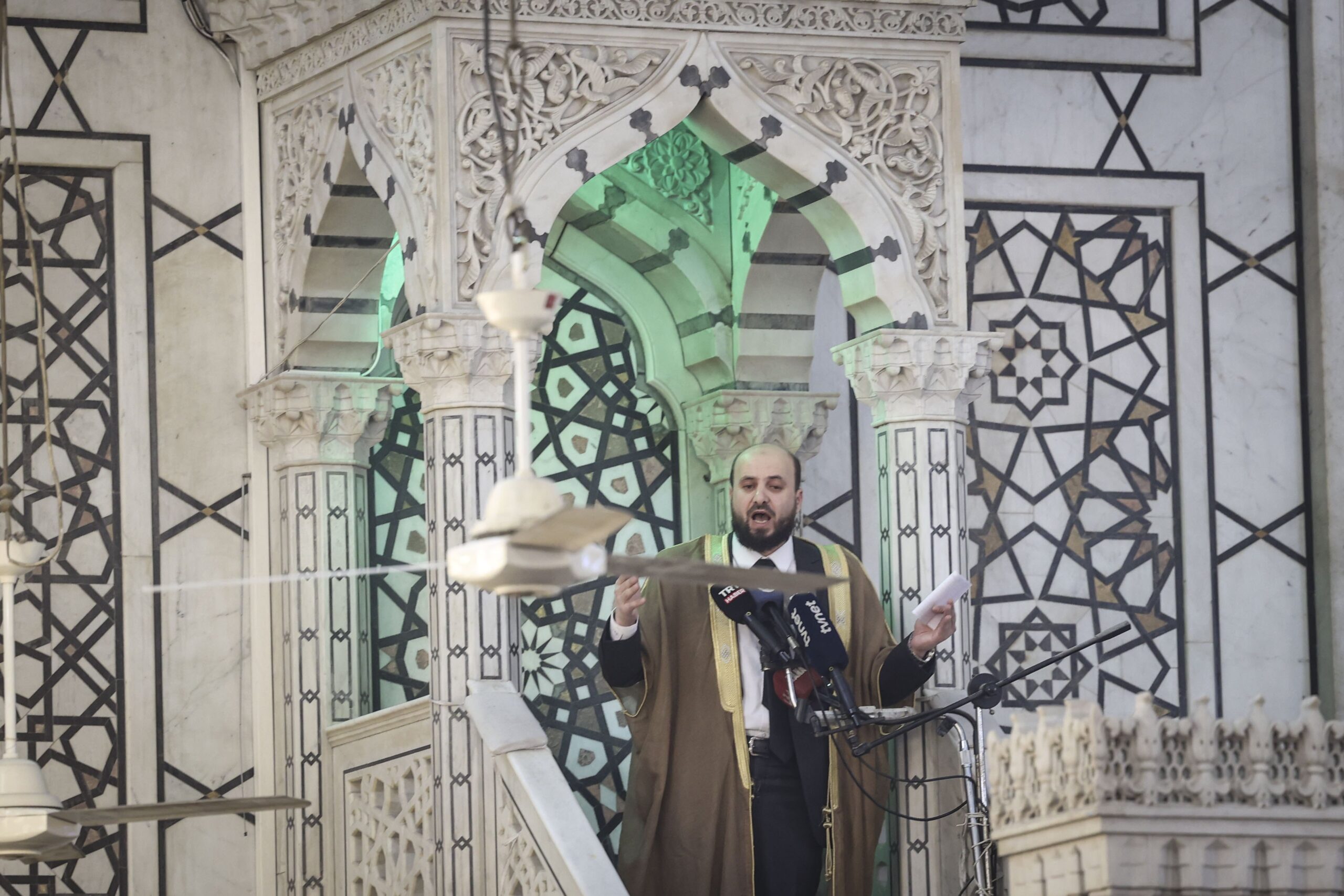
The main objectives of the transitional government are:
- Reform of Syrian security and military infrastructure.
- Amnesty for soldiers and security forces who have not committed crimes.
- Drawing up a list of suspects to be brought to justice, including Assad, his family and high-ranking military officers.
- Establishment of special courts for war crimes.
- Repeal of the 2012 anti-terror law, which has been abused to suppress the Syrian population.
- Strengthening the judiciary and establishing rule of law.
- Dissolution of the Baath Party.
- Introduction of a new national flag.
- Holding elections after the transition period.
- Repatriation of refugees from Europe and neighboring countries.
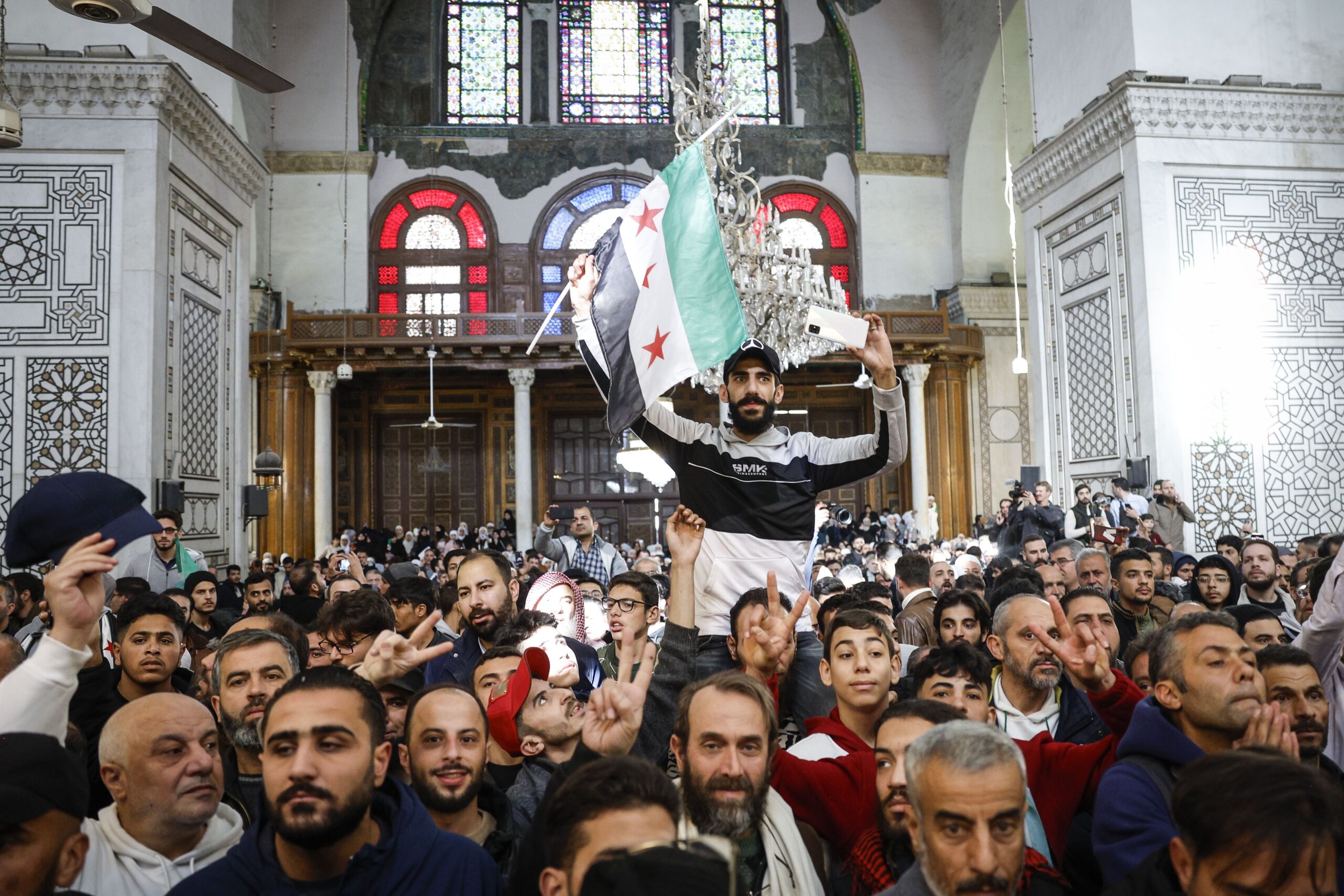
The relationship with Israel
Since the fall of the Assad regime until the time of writing this article, Israel has destroyed almost the entire Syrian Army, including its naval, artillery, and air forces. Israel has inflicted severe damage on the already crumbling Syrian military. Israel has not only captured the buffer zone in Syria, but also several villages along the border. Defense Minister Israel Katz warned: “If the new regime acts against Israel or allows Iran to re-establish itself in the country and act against Israel from there, we will oppose these attempts with strength and determination and exact a high and painful price.” These are strategic moves and statements directed at the leader of the Islamist groups, Abu Muhammad al-Jolani. Israel has sent him a clear message: “Don’t mess with us!” Anyone who does this or follows Assad’s path will be fought by Israel.
The question is whether al-Jolani even intends to fight against Israel. Will he make anti-Israel statements, such as liberating the occupied Golan Heights, liberating “occupied Palestine,” or supporting Hamas in Gaza? The answer is that this is unlikely, at least in the near future. As mentioned at the beginning, al-Jolani, who serves as the supreme leader of the interim government, will be busy with Syria’s internal affairs. When asked by the media about the Israeli attacks, he replied: “We don’t want war.” Doesn’t that sound strange and absurd coming from an Islamist? Is there a precedent for this? Of course not. Ever heard of jihad for Allah? It is one of the sacred duties in Islam to fight against the Jews and die for Allah, that is, to become a martyr. So why is al-Jolani hesitant to fight? The answer is simple and has a precedent.
Remember Sudan before the civil war? When the country was moving toward normalization with Israel, Sudan’s main demand was that the US remove it from the list of terrorist states, which it did. But because of the civil war, normalization did not progress. This is also how al-Jolani operates. There is no doubt that he wants to run for the office of Syrian president after the transition period and the implementation of all reforms. But how will he be elected if the US opposes him? Therefore, for pragmatic personal reasons, al-Jolani is hesitant to open a front against Israel at such a sensitive time for him personally. It is unlikely that he will declare war against Israel at this time. On the other hand, he could always create terrorist groups to fight against Israel and demand Israel’s withdrawal from Syrian territory without being officially associated with these groups. He could also pretend to fight these groups just to convince the US that he has reformed and is taking action against the terrorists. He could work toward being removed from the US list of wanted terrorists. Be that as it may, al-Jolani’s goal does not currently appear to be a war against Israel.


